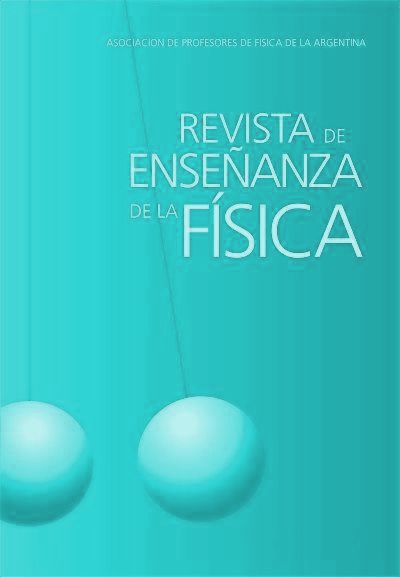The concept of observation and its role in astronomy teaching: an epistemological approach
DOI:
https://doi.org/10.55767/2451.6007.v32.n1.28941Keywords:
Epistemology and history of astronomy; Observation; Experimentation; Gravitational Lens; Astronomy teachingAbstract
Taking into account the realism-antirealism debate in philosophy of science and considering a particular astronomical case study, this paper will present how epistemology and history of science allow an accessible approach to topics of interest concerning the teaching of such scientific discipline. Precisely, through historical exploration of gravitational lenses in the universe, reflections on observational and experimental practices make it easier to understand complex astrophysical phenomena, when they are taught. This way, not only the teaching-learning process within different levels of education, but also diffusion of astronomy in general, are improved with the contribution that this type of interdisciplinary work may offer.
References
Hacking, I. (1983). Representar e Intervenir. S. Martinez (trad.). México: Paidós.
Hacking, I. (1989). Extragalactic Reality: The Case of Gravitational Lensing. Philosophy of Science, 56(4), 555-581.
Little, M. (2000). Rethinking ‘Experimentation’. Philosophy of Science Association, 2000 Biannual Meeting. Contribut-ed papers, 1-10.
Shapere, D. (1993). Astronomy and Antirealism. Philosophy of Science, 60(1), 134-150.
Sersic, J. L. (1991). Reflexiones sobre la enseñanza y difusión de la astronomía. Revista de Enseñanza de la Física. 4(1), 28-34.
van Fraassen, C. B. (1980). The Scientific Image. Oxford: Oxford University Press.
Zwicky, F. (1937a). Nebulae as Gravitational Lenses. Physical Review, 51(4), 290.
Zwicky, F. (1937b). On the Probability of Detecting Nebulae Which Act as Gravitational Lenses. Physical Review, 51(8), 679.
Downloads
Published
Issue
Section
License

This work is licensed under a Creative Commons Attribution-NonCommercial-NoDerivatives 4.0 International License.
Aquellos autores/as que tengan publicaciones con esta revista, aceptan los términos siguientes:Los autores/as conservarán sus derechos de copiar y redistribuir el material, bajo los términos estipulados en la Licencia de reconocimiento, no comercial, sin obras derivadas de Creative Commons que permite a terceros compartir la obra bajo las siguientes condiciones:
- Reconocimiento — Debe reconocer adecuadamente la autoría, proporcionar un enlace a la licencia e indicar si se han realizado cambios. Puede hacerlo de cualquier manera razonable, pero no de una manera que sugiera que tiene el apoyo del licenciador o lo recibe por el uso que hace.
- NoComercial — No puede utilizar el material para una finalidad comercial.
- SinObraDerivada — Si remezcla, transforma o crea a partir del material, no puede difundir el material modificado.
- Los autores/as podrán adoptar otros acuerdos de licencia no exclusiva de distribución de la versión de la obra publicada (p. ej.: depositarla en un archivo telemático institucional o publicarla en un volumen monográfico) siempre que se indique la publicación inicial en esta revista.
- Se permite y recomienda a los autores/as difundir su obra a través de Internet (p. ej.: en archivos telemáticos institucionales o en su página web) antes y durante el proceso de envío, lo cual puede producir intercambios interesantes y aumentar las citas de la obra publicada. (Véase El efecto del acceso abierto).










